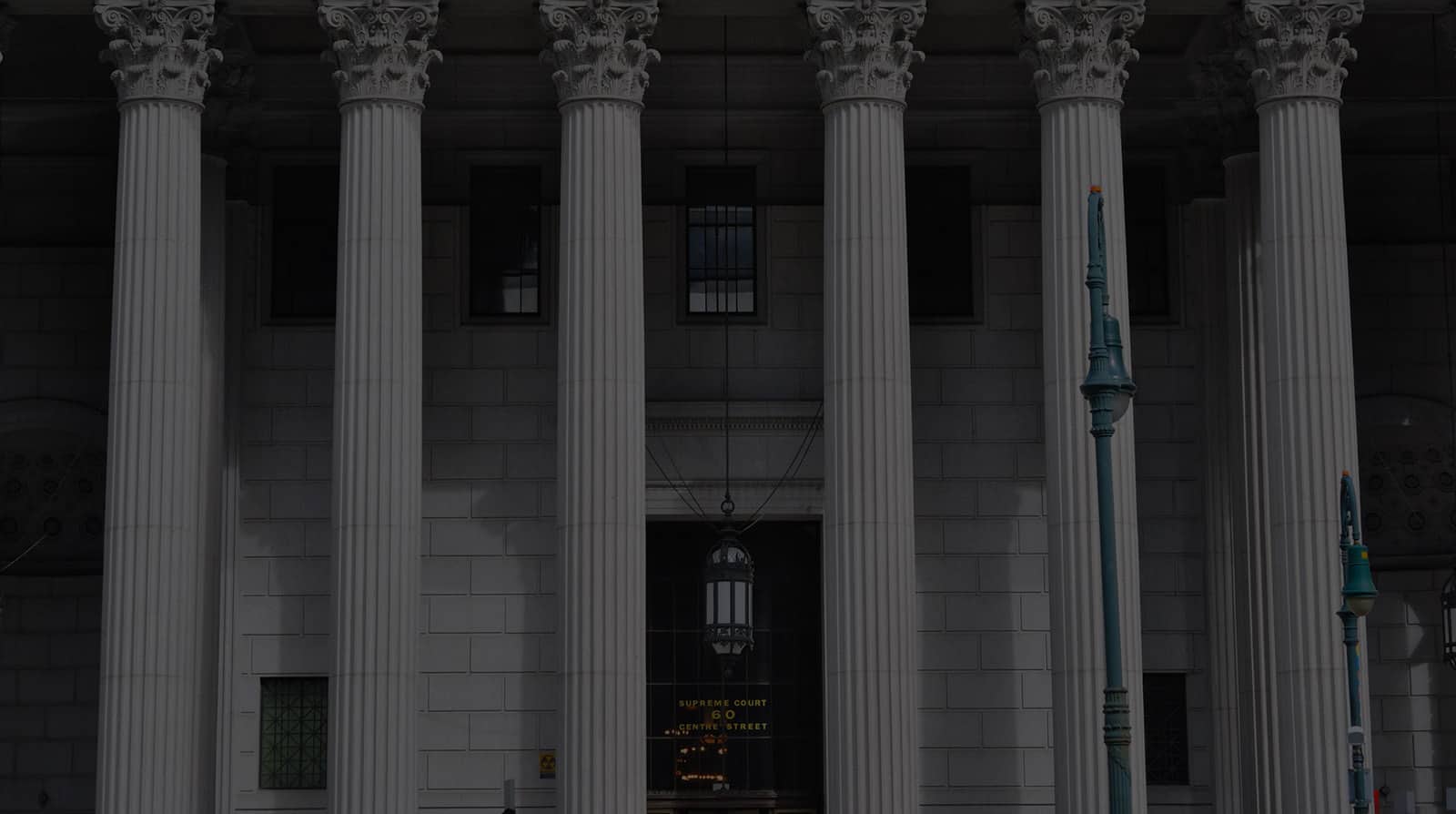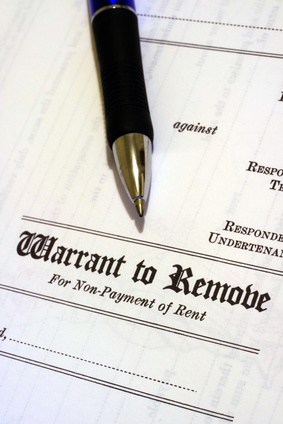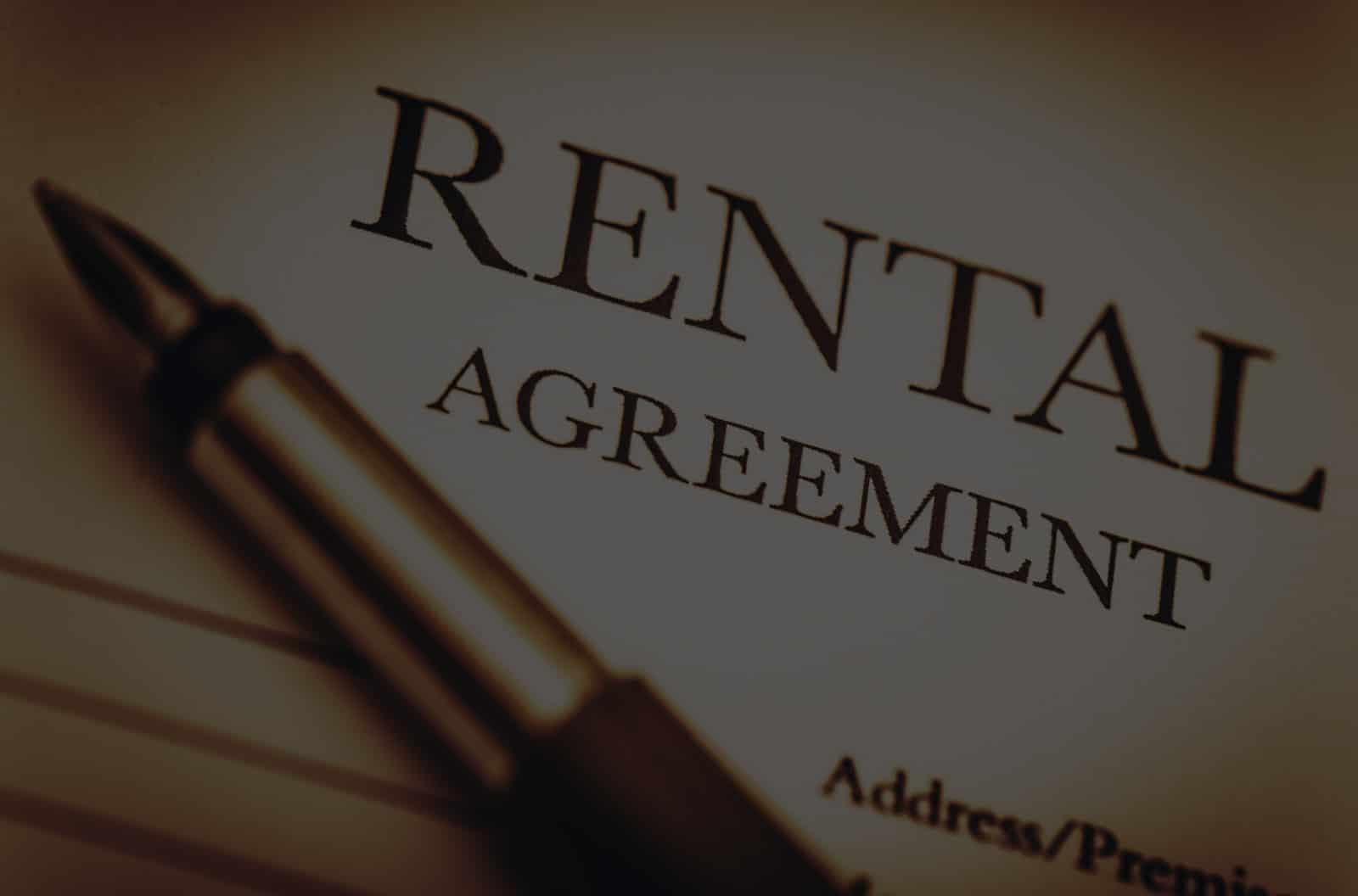 The simple answer is YES.
The simple answer is YES.
Courts, for a long time, were split on this issue. As most seasoned landlord-tenant attorneys know, the Nassau County District Court has traditionally held that so long as the property is being used in conformity with its certificate of occupancy, a landlord may recover rent. Eviction actions based on non-payment of rent in Nassau County were generally not dismissed even where the rental was in violation of the certificate of occupancy, but the Court would simply not award a monetary judgment in such cases, granting only possession.
In Suffolk County, however, the District Court has traditionally taken a much stricter approach to illegal rentals. Where a town ordinance prohibited renting without a rental permit, the absence of such a permit by the landlord would generally lead to the dismissal of a non-payment action. The districts were split in their application of this rule, however, with the Second District (which covers the Town of Babylon) holding strictly that the absence of a rental permit required the dismissal of a non-payment action; and the Sixth District (which covers the Town of Brookhaven) taking the more liberal approach by generally not dismissing non-payment actions, unless the rental unit at issue was located in a place where occupancy is prohibited under some other regulation, e.g., basements or garages.
Recently all of this changed when the Supreme Court, Appellate Term, Second Department, decided the case of Pickering v Chappe, 2010 NY Slip Op 20326 (29 Misc 3d 6) on August 2, 2010. This case began as a small claims action, in which Yolanda Pickering sought to recover, among other things, a security deposit in the amount of $850.00 that she paid Eric and Maria Chappe, her former landlords. The Chappes counterclaimed for, among other things, unpaid rent for three months. The evidence in that case established that the parties entered into an agreement in which the Chappes had agreed to forgive the rent for January and February 2007 and to refund Pickering’s security deposit if she moved out by March 1, 2007. The small claims court found that Pickering had failed to prove that she moved out by that date, but nonetheless awarded her the return of her security deposit and dismissed the Chappes’ counterclaims on a finding that rent could not be recovered because the apartment was “an illegal apartment in a one-family house.” The Chappes appealed from the award to Pickering of the security deposit.
The Appellate Term held that contrary to the small claims court’s ruling, “there is no bar to the recovery of rent when a dwelling that has a certificate of occupancy as a one-family dwelling contains an illegal apartment. It is only in the Multiple Dwelling Law that the Legislature has seen fit to impose a forfeiture of rent as a penalty.” The Multiple Dwelling Law is a statutory body that applies to buildings occupied as a residence by three or more families living independently of each other (see Multiple Dwelling Law § 4 [7]).
In this appeal, while there was proof that the one-family house contained an illegal apartment, there was no proof that it constituted a multiple dwelling. In other words, there were less than three families living there and hence no violation that would trigger the forfeiture provisions of the Multiple Dwelling Law. The Appellate Term held that the Chappes were not precluded from recovering rent for the months in which Pickering resided in the apartment and that the Chappes were entitled to retain the security deposit as a setoff against the rents owed. The judgment of the small claims court was reversed. The Appellate Term further made clear in its opinion that even the absence of a certificate of occupancy does not bar a landlord from recovering rent in a non-payment action, provided that there are less than three families living in the premises.
As a result of the decision in Pickering v Chappe, supra, there is no longer any disparity or misunderstanding of the relationship between the legality of the premises to the collection of rent, and the impact of town ordinances on landlord-tenant proceedings. From time-to-time you will still see an inexperienced lawyer or pro se litigant attempt to raise the defense that the non-payment action must be dismissed because the apartment is illegal; those lawyers and parties generally get a rude awaking to the new state of the law.
As a final note, the Pickering case does not stand for the proposition that it is okay for landlords to violate town ordinances by renting illegally. Landlords can still be convicted of violating town ordinances and can be fined heavily for renting illegally. It just means that there is no bar to collecting rent and no grounds for dismissal of a non-payment action based on the illegality of the premises being rented.








Thank you for a very informative article. I have a situation where I’m getting undocumented immigrants seeking housing. The families that have come are business owners or have more than one job,; very hardworking people. I worry though that there will be consequences if I rent to them. This is a new scenario for me.. Being unable to do credit and background checks is one thing that makes me hesitant. I live in Suffolk.
Hit family and I have been living in an apt in Suffolk county by almost ten months now paying the rent every month there was a very bad water leak in the two bedrooms that after months of asking finally got fixed I was out of the apt for weeks living in a hotel and wanted the landlord to either pay for my expenses or squash the rent for the month he decides to try to evict me for non payment of rent the day I move back in after construction is done what can I do about this I’d like to sue for my expenses get my security back and leave how should I go about it thanks and ps yes I will prob need a good lawyer
I have a landlord that wants to evict me but I have no lease, and there is no rental permit, I asked what I owe and will he take payment he won’t answer…is it law to have a one year lease in town of brookhaven
No, a landlord may offer a tenant a written lease, or may have only an oral month-to-month tenancy agreement with the tenant. Month-to-month tenancies also occur when a written lease expires. Your landlord does not need to offer you a written lease. If you do not have a written lease for a term, your landlord can evict you by first serving you with a thirty-day notice of termination and then bring an eviction action against you. Should you receive any papers to appear in court, please feel free to call us.
I have a person who rented an illegal apartment to me. Took my money for 8 months now wants me out but wants to collect rent as well and demands I should be out by the 31st
Good morning,
I have a tenant that refuses to pay rent for a basement apartment that she rents from me. Is there anyway that I can take her to small claims court in an attempt to have this debt paid please?
Thank you,
Jessica
No, small claims courts are not the appropriate forum for landlord-tenant matters. You must bring a non-payment action in the appropriate landlord-tenant court. Please feel free to call us to discuss your matter. We would be happy to represent you.
Good evening,
I signed a one year lease agreement for an apartment that was created in a converted garage. I found out the apartment was illegal after signing the lease, when my landlords said that I cannot receive my mail there. These people are not going to be nice enough to allow me to break the lease if I ask them. Due to the fact that the apartment is illegal, can I legally break this lease without having to pay them rent for the months remaining? Will I relieve my security deposit back?
I rented my basement apt to a family of 3. the family has since extended to 5 people. After the 1st 7 months they started paying between 1/3 to 1/2 of the rent due. It’s now 3 years later and I am still getting a partial rent of 1/3 or less. At this point
It’s costing me more having them in my household.
Can I file a judgment for rent in arrears and damages to the apartment